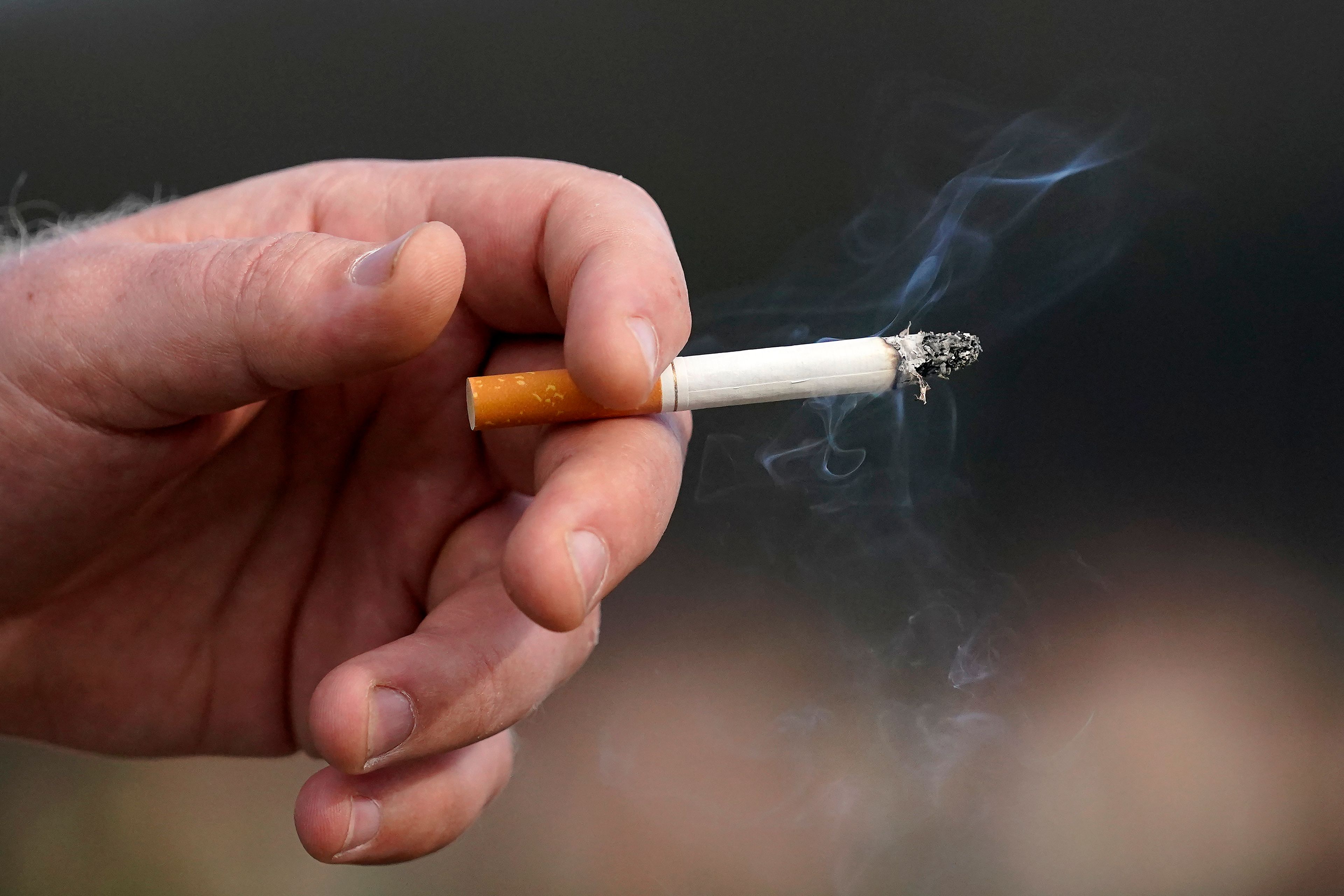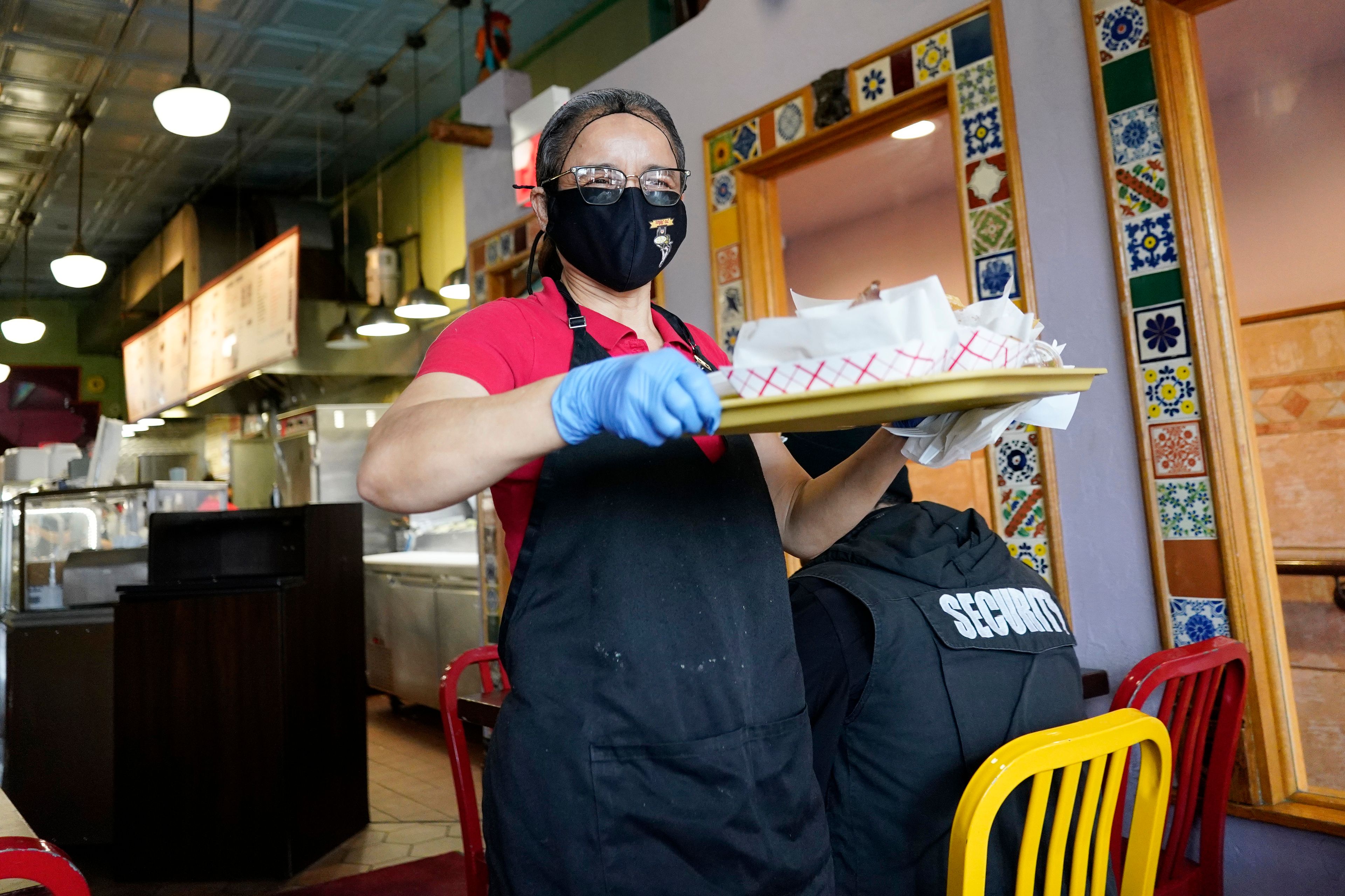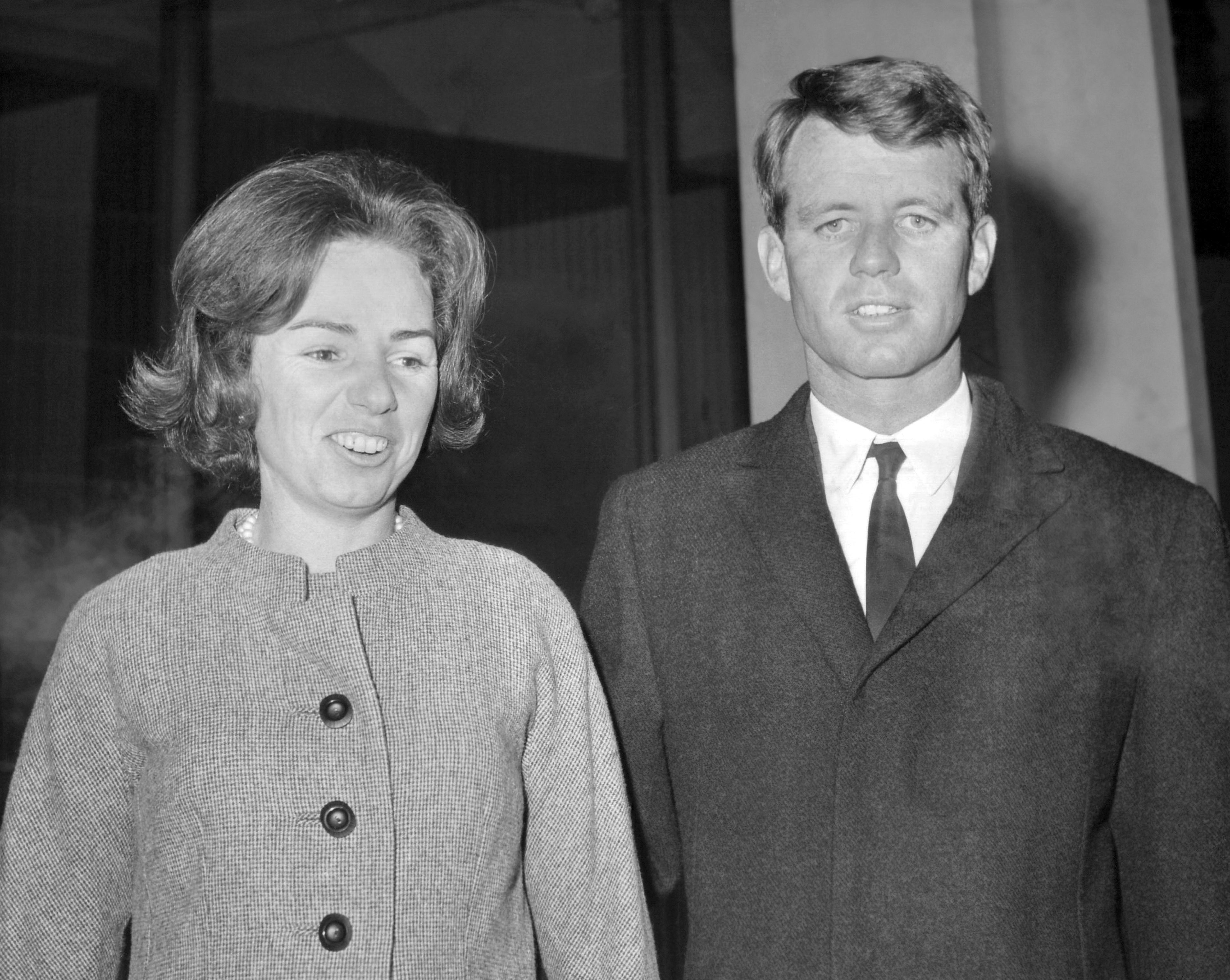Lifting a ‘constant pressure’: Supporters celebrate end to parole fees levied on Marylanders returning from prison
Starting in October, Marylanders reentering society after a period in prison will no longer face a state fee for parole supervision that a national public policy institute criticized as “penny-wise, pound-foolish.”
Supporters, including the community group BUILD, herald the recent law change as the vital removal of a barrier to successfully reentering society. The parole fee hindered people working to find employment and housing, said lawmakers who called the legislation a long time coming.
“Many of us come home with responsibilities outside of ourselves, and to constantly have to worry about paying a parole fee when you can’t even feed yourself is insane,” said Alicia Shaw, who advocated for the legislation with BUILD after difficulties with the fee after she left prison.
The change will “lift the weight off of a lot of our shoulders, and allow us to focus on things that will make us productive members of our communities,” Shaw added.
Maryland’s parole fee was criticized 15 years ago by the Brennan Center for Justice, a progressive public policy group at New York University School of Law, as undercutting the state’s commitment to successful reentry from prison. It recommended the state abolish it or better adjust the payments to suit an individual’s circumstances.
But the law stayed on the books until this year, with the fee rising from $40 per month to $50. A repeal passed at the end of the legislative session and was signed into law by the governor earlier this month. It goes into effect Oct. 1.
BUILD, a city-based group of congregations, schools and neighborhood associations, took up the parole fee issue after it was highlighted by returning citizens who participated in its Turnaround Tuesday employment program, leaders said. Advocates for the reform gathered Tuesday to celebrate its passage and the opening of a new Turnaround Tuesday location at Greater Harvest Baptist Church in West Baltimore’s Franklin Square neighborhood.
Darius Powell, a Turnaround Tuesday participant, said during the news conference that he joined the program after attending a session that looked more like an “AA meeting” than a job fair. He kept going back, he said, and now the group is like a family to him — collecting donations for his newborn child and offering him a safe space to air frustrations.
“It’s changing me,” Powell said of the experience. “It’s really changing me.”
The Brennan Center report, highlighted in BUILD’s advocacy, found that the state’s fee dates back to 1991 when Maryland followed a national trend of charging people convicted of crimes for the costs of their punishments.
But in practice, the fee was largely uncollectible and went toward the state’s general fund rather than the cost of parole supervision. The fee, authors said, did “more harm than good.”
The now-repealed statute offered some exemptions, including for parolees with difficulty finding employment, who were enrolled in an educational or vocational program, or for whom it created “undue hardship.” But Brennan Center researchers found only about 7% of people saw the fees waived at the start of their parole.
Del. Luke Clippinger, the chair of the judiciary committee that considered the House version of the bill, said Tuesday that the fee served as a “constant pressure” on people reentering society, often “hanging over them” with the threat of reincarceration.
“When you’re trying to put food on your table, pay rent, find a place to pay rent — when you’re trying to do the stuff to just be a human being — this was standing in the way,” the Baltimore City Democrat said. “It’s important to send that message to people, that we’ve got your back, that we’re going to get these impediments out of your way so that you can rebuild your life.”
The legislation also repealed a one-time $100 fee for alcohol and drug testing levied on parolees required to get such testing.
The changes are expected to result in a small decrease to state revenues and an uptick in costs when the state takes over funding that testing. A fiscal note completed to assess the legislation estimated that general fund revenues would decrease by about $72,000 annually, based on the average annual amount collected by the state. Maryland imposed an annual total of about $1.3 million in parole fees, the fiscal note found, but a “significant amount” of that was not collected.
The exact amount that was collected was not clear, as the Central Collections Unit and state corrections agency didn’t provide historical data for the fiscal note.
The cost of the alcohol and drug testing that now will be covered by the state could be significant, the fiscal note added. State officials did not provide its authors with the number of people currently required to cover the cost.
Imposing fines and fees on people who can’t afford to pay can cause “profound harm,” the U.S. Department of Justice wrote in a 2023 “Dear Colleagues” letter. Those risks include debt, incarceration, extended periods of probation or parole, changes in immigration status, and consequences to employment, driving licensure, housing and voting rights.
Such fees can have an outsized detrimental effect on low-income individuals and people of color, populations that are “overrepresented in the criminal justice system and already may face economic obstacles arising from discrimination, bias or systemic inequities,” the letter said.
“This practice far too often traps individuals and their families in a cycle of poverty and punishment that can be nearly impossible to escape,” the letter added.
The University of Baltimore’s Center for Criminal Justice Reform agreed, writing in a letter supporting the state legislation this year that the fee could compound financial problems. Under the state’s now-repealed practice, if the fee debt was sent to collections, it was subject to an “oppressive” 17% interest rate on top of the amount owed, the center noted.
“When a person fails to pay onerous supervision fees, parole may be revoked and a person who poses little to no public safety risk may be returned to detention,” the center’s letter said.
The witness list for House Bill 531 shows no individuals or entities testified against the legislation in committee.
The Rev. Brent A. Brown, pastor of Greater Harvest Baptist Church, called it a “beautiful blessing” that the repeal had finally come to fruition and would “last for generations to come.”
“A key fee that has been hanging over people’s heads,” Brown said, “threatening them with returning to prison — it has finally come to an end.”
©2024 Baltimore Sun. Visit baltimoresun.com. Distributed by Tribune Content Agency, LLC.








